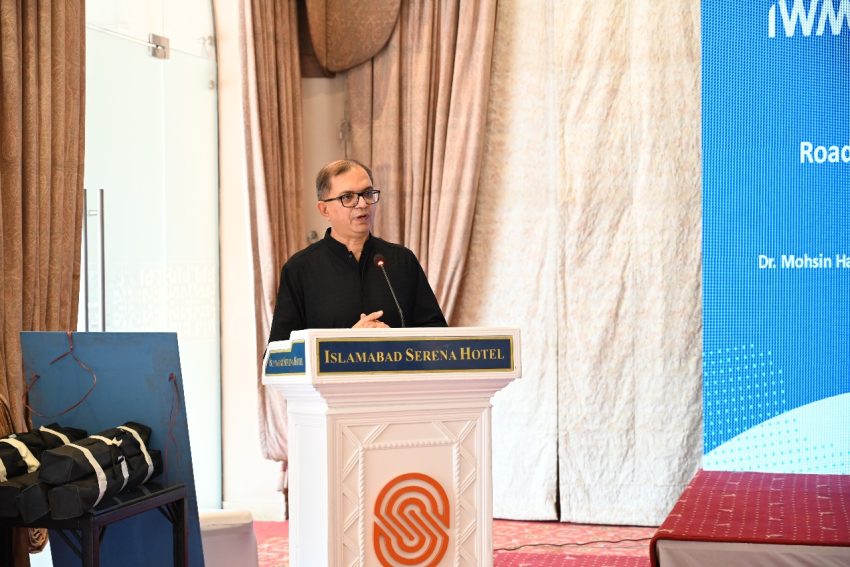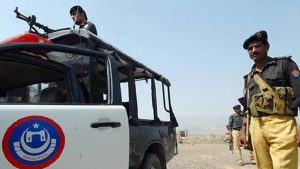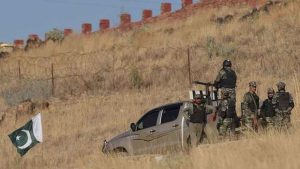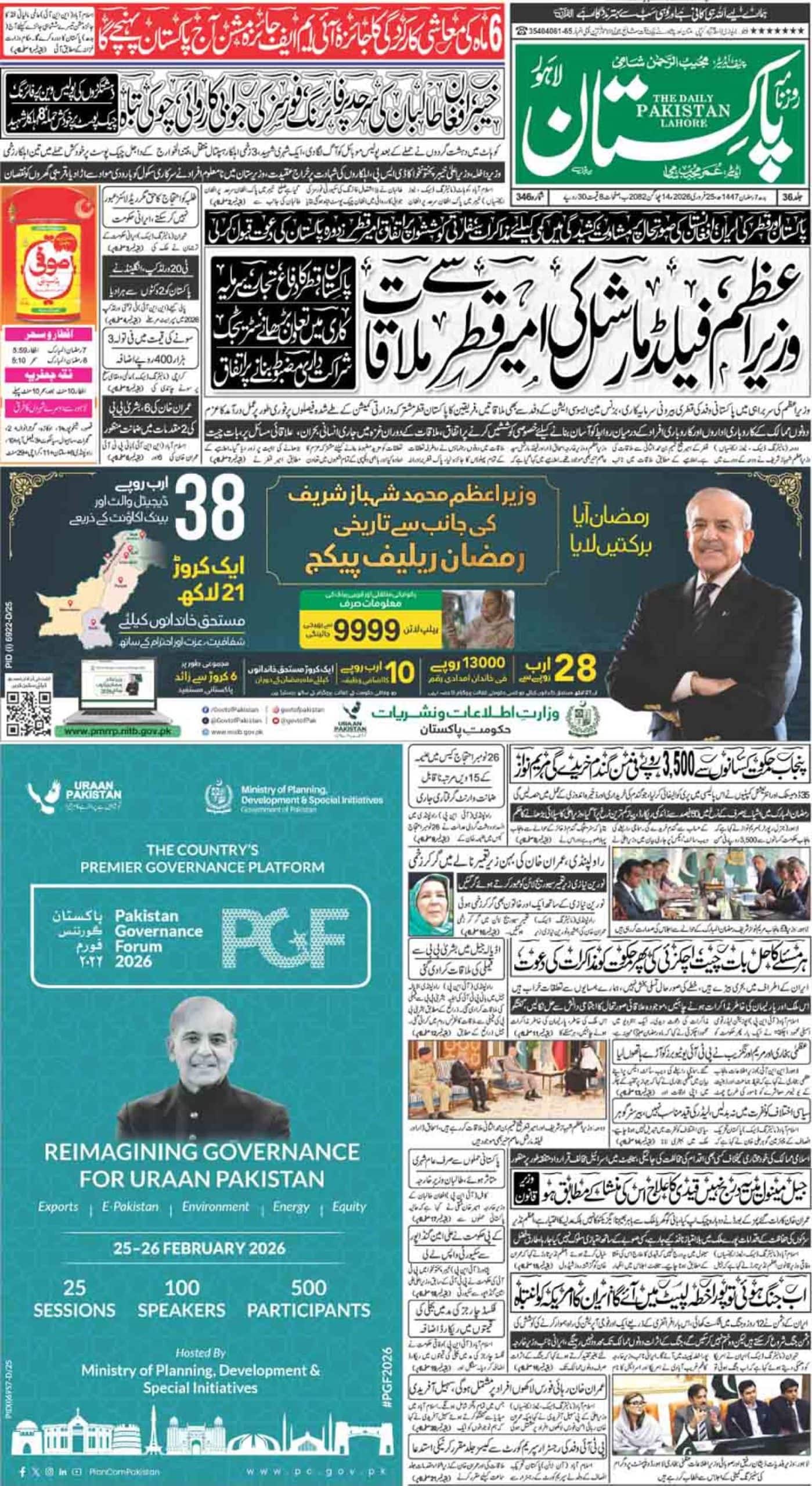ISLAMABAD – With groundwater levels of Balochistan declining and aquifers facing increasing stress, stakeholders have called for adopting clean energy solutions that not only reduce operational costs for farmers but also support the long-term resilience of water resources.
To help with this, the International Water Management Institute (IWMI) introduced two new digital tools: Solar Suitability Mapping (SSM) and the Solar Irrigation Pump Sizing Tool (SIP-ST). These tools are designed to assist farmers and policymakers in making informed decisions about utilising solar power for irrigation.
The tools were introduced during two workshops held in Balochistan. These workshops were organised by IWMI with support from the European Union, the Government of Balochistan, and CGIAR’s Climate Action and Policy Innovation programs.
The first workshop focused on how solar-powered irrigation can replace expensive and harmful diesel or electric tubewells. Experts said solar energy is not just cheaper, it also helps the environment and can make farming more stable in the long term.
Dr Mohsin Hafeez from IWMI said, “Solar irrigation is more than just saving energy. It helps farmers deal with water shortages and climate change. But for this to work, we need strong cooperation between science, policy, and local communities.”
Dr Sardar Mohazzam from the National Energy Efficiency and Conservation Authority (NEECA) also spoke about the strong link between water and energy. He said switching to solar irrigation is a smart and necessary step for places like Balochistan that are facing serious resource problems.
The second workshop focused on using water more efficiently. With more than 90% of Pakistan’s freshwater going to agriculture, experts said it’s important to get the most benefit from every drop. IWMI shared its experience from Punjab and proposed building a similar Water Productivity Atlas for Balochistan.
Dr Muhammad Ashraf from IWMI said, “Data without action is useless. We want to give Balochistan the tools and knowledge it needs to build a better, more climate-friendly future.” The workshops ended with a clear message: solving the water crisis in Balochistan will take teamwork, strong data, and long-term planning.














